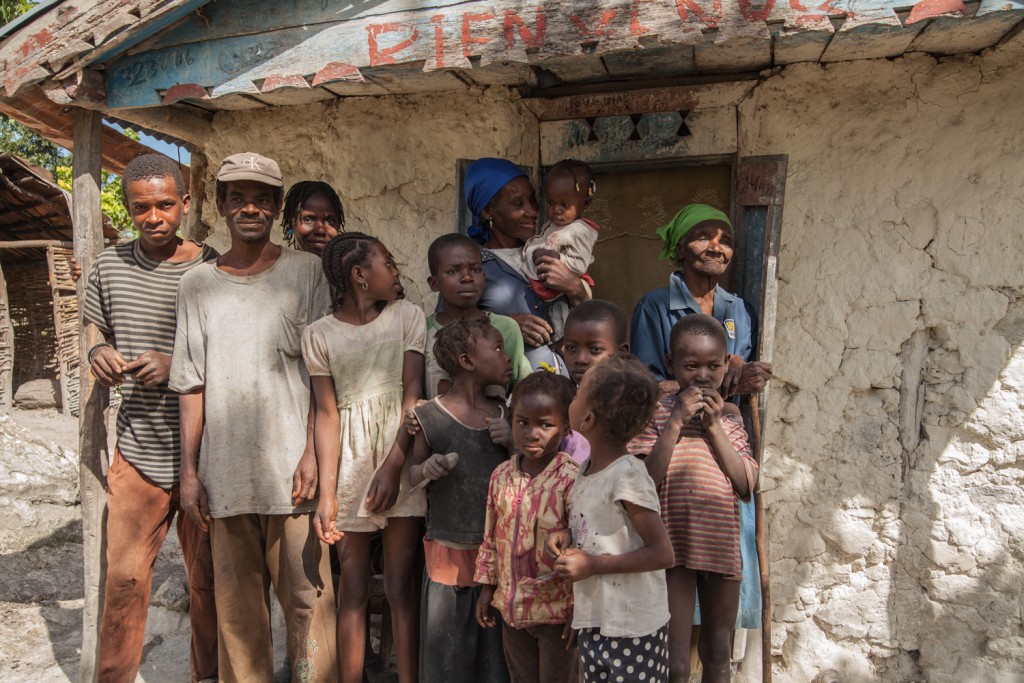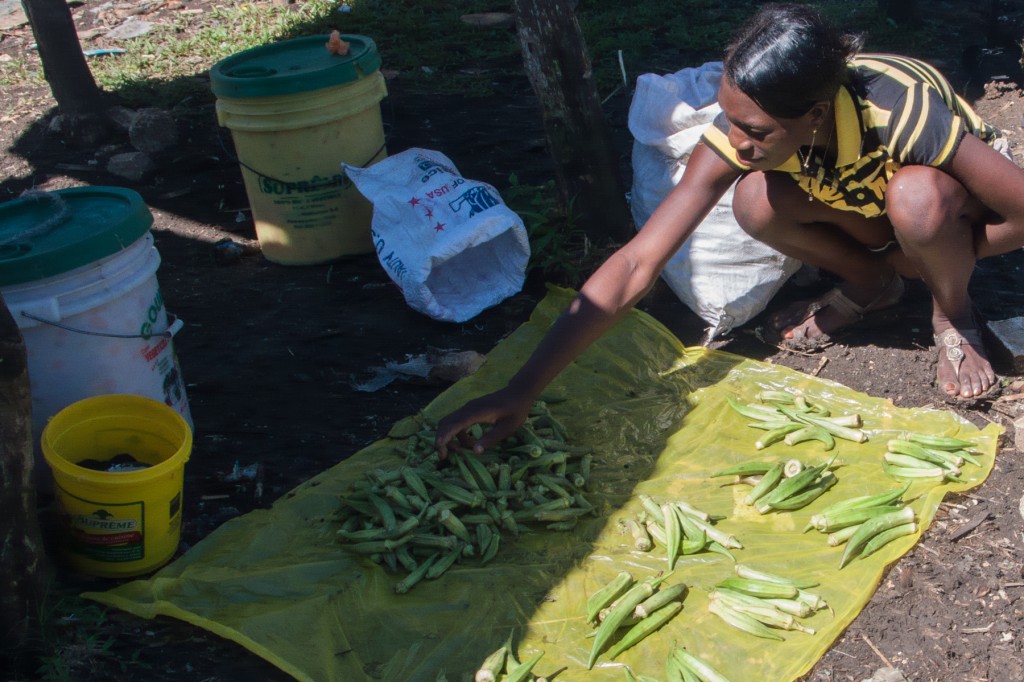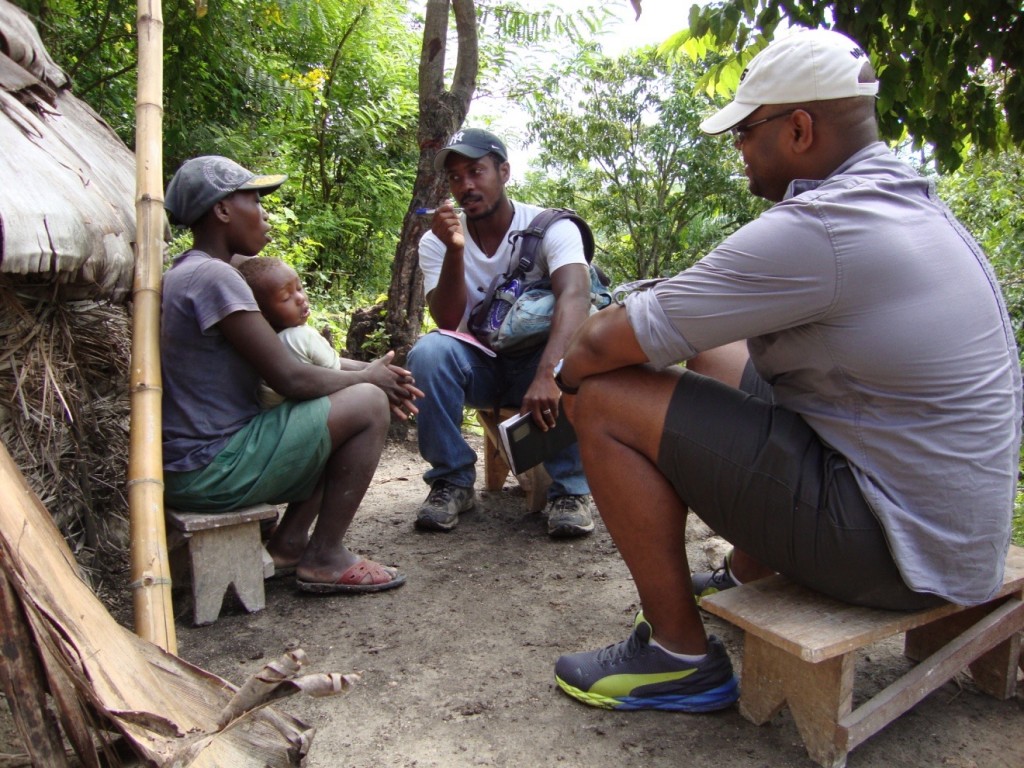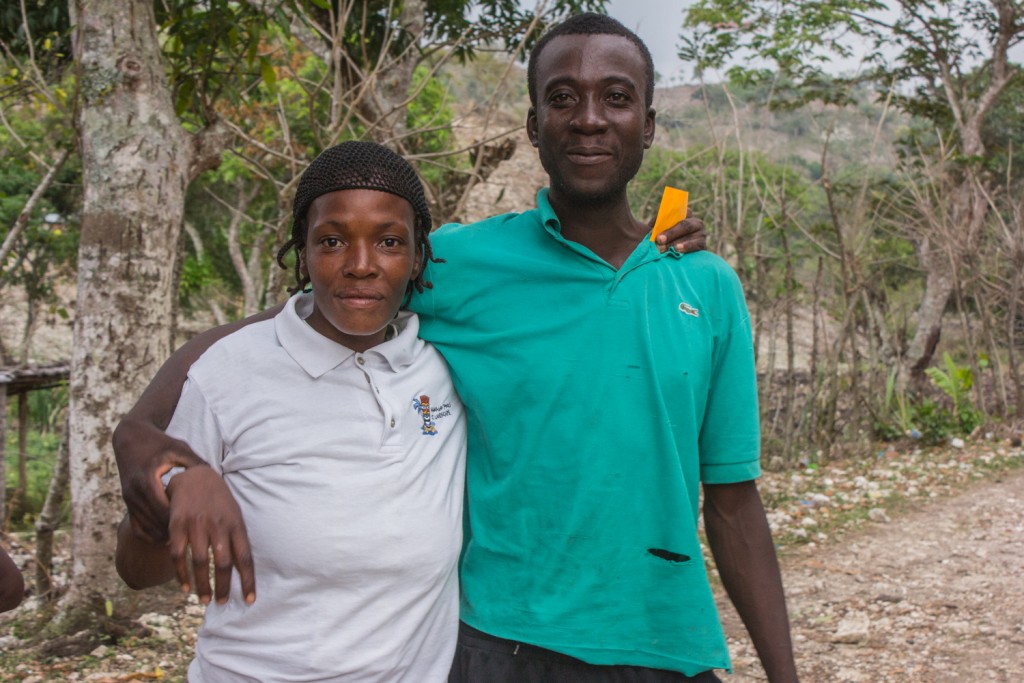KANPE’s integrated program provides tools, training and support for Haiti’s most vulnerable families to achieve financial autonomy
Through strategic partnerships with reputable organizations such as Partners in Health and Fonkoze, the KANPE program integrates community services, so that all factors contributing to poverty are addressed simultaneously. 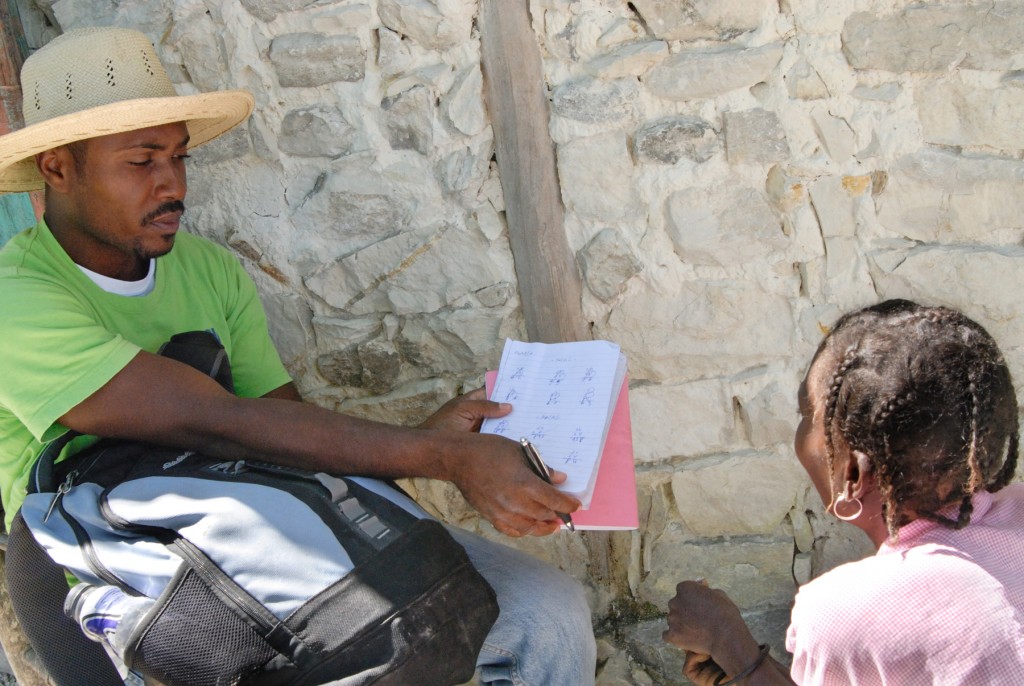
The steps
Clear-cut steps have been established to enable us to meet this objective:
-
Village identification
First, KANPE identifies a village in rural Haiti, and identifies the partners and organizations active in that region.
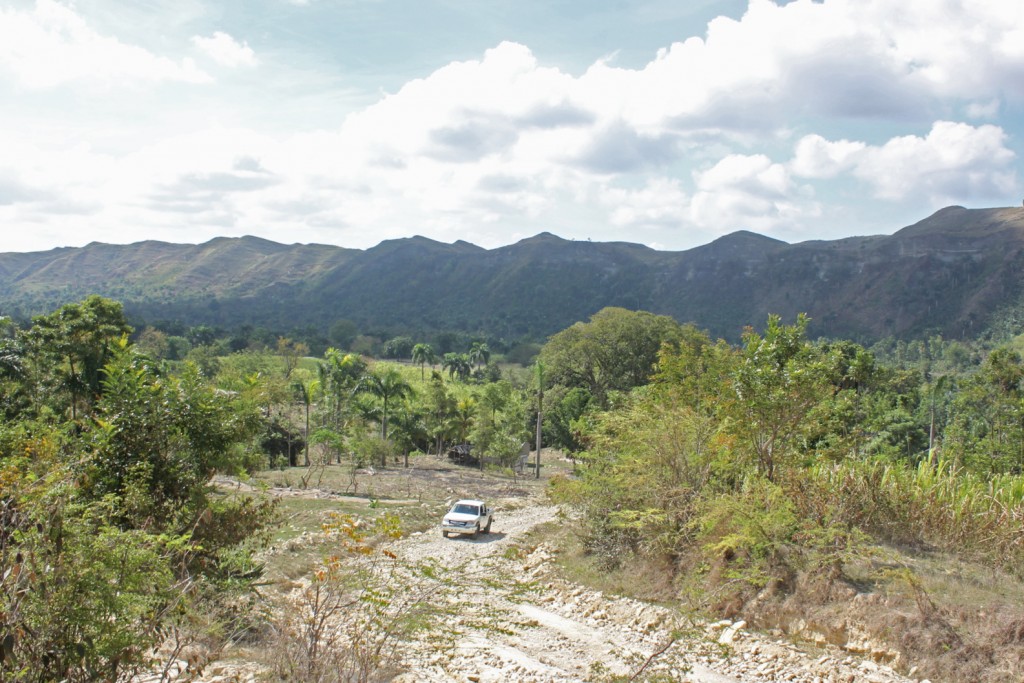
-
Census
A census is then conducted with the partners in order to identify the most destitute and vulnerable families, meaning:
-
Assigning a counselor
By assigning a counselor to provide support, training, knowledge-sharing and ongoing monitoring through weekly visits to each family in the program, KANPE works closely each step of the way:
- KANPE ensures malnourished children are incorporated into nutritional programs.
- KANPE distributes seeds, fertilizer and farm animals (goats and hens) to each family to help them feed themselves. The products generated by the livestock and grown from the seeds can serve as a primary source of income, allowing the family to enjoy better living conditions and the opportunity to start saving money.
- KANPE provides families with the means to send their children to school.
- KANPE ensures that families have access to quality healthcare and medication.
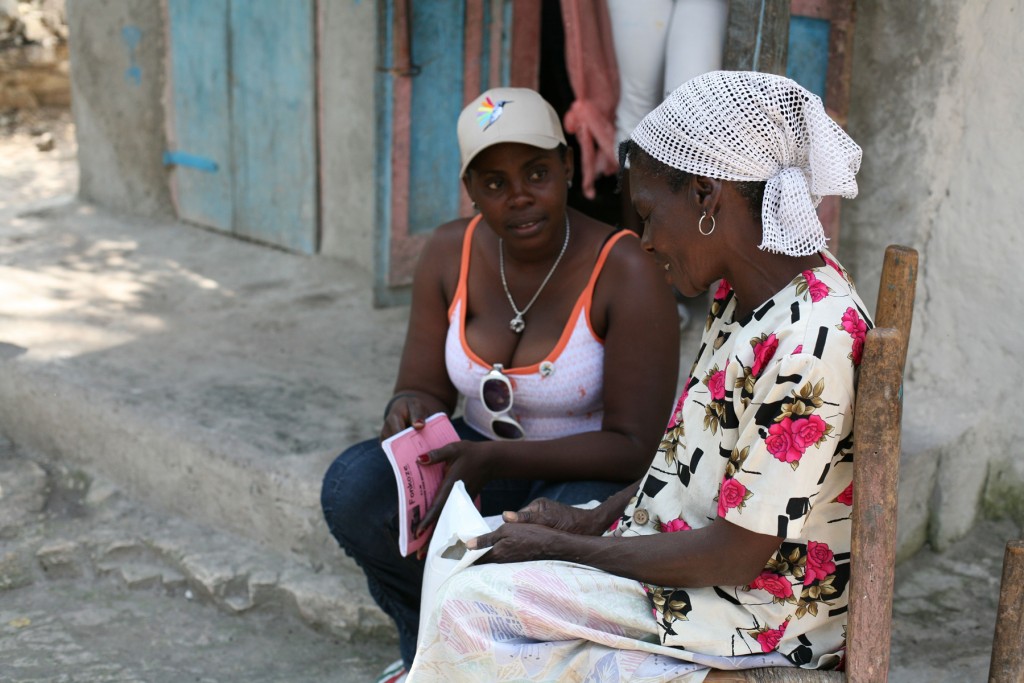
-
Autonomy
At the end of the 18-month period, the knowledge and skills passed on to these families will enable them to benefit from their agricultural resources in a sustainable manner, identify any possibility of opening a small business to generate an income, manage their savings, and gain access to microcredit.
By following each of these steps, KANPE gives the most vulnerable families tangible means of escaping the cycle of poverty and the opportunity to develop skills that will help them generate a primary source of income, thereby achieving financial autonomy.
Guiding principles of the program
Integration
KANPE integrates the bases of health, nutrition, housing, agriculture, education and leadership within its program.
Counseling
KANPE believes that assigning a counselor to support each family through regular weekly visits is key to the success of this program.
Results
KANPE is focused on generating tangible, sustainable results for the families it supports: two sources of income, education for children, access to healthcare, housing, livestock and food production. Families go from extreme poverty to the production of their own food, and eventually to the management of their own savings.
